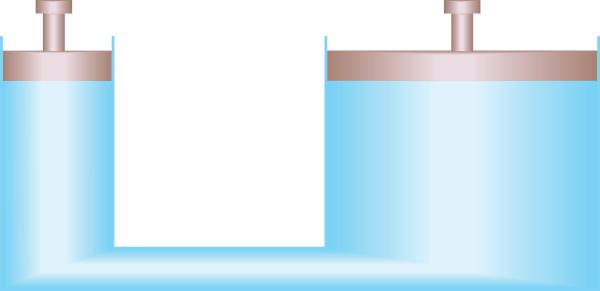Brazilian monarchist lawyer, orator, magistrate, poet and politician born on the island of Frades, in Itaparica, BA, Minister of the War and Interim of Foreigners, in the first Saraiva ministry, and of the Empire, in the last cabinet of the monarchy Brazilian. Son of José Inácio de Menezes Dória and Águeda Clementina de Menezes Dória, he graduated in Law at the Faculty of Recife (1859), dedicating himself, since then, to the profession of lawyer and politics. He was a prosecutor, judge of law and chief of police in his province.
He was elected provincial deputy in Bahia (1863), appointed governor of Piauí (1864), governor of Maranhão (1866) and governor of Pernambuco (1880), and elected and reelected to the Federal Chamber (1872-1885), in alternate terms, having been president of the Chamber. He became a professor of the Externato at Colégio Pedro II, after presenting his thesis for the competition for the chair of Rhetoric, Poetics and National Literature (1878): On Poesia, essential characters; difference from prose; poet quality. He joined several cultural and philanthropic associations and joined the group of founders of the Academia Brasileira de Letras (1897), founding Chair n. 25 whose patron is the poet Junqueira Freire.
He was minister of war in the Saraiva cabinet (1881), when he founded the Army Library, which lasts until today, and Minister of the Empire in the last cabinet of the Monarchy, of Visconde de Ouro Preto (1889). Councilor to the Empire, he received the title of Baron of Loreto (1888) and a loyal collaborator to D. Pedro II, who voluntarily accompanied him in his exile in Europe. Back in Brazil, he devoted himself to law and literature and started working for the Brazilian Historical and Geographical Institute (1896), until he died in Rio de Janeiro, RJ.
Among his legal and literary works were highlighted Enlevos, poetry (1859), Study on Luís José Junqueira Freire (1869), Commemorative Song of the Paraguay War, Poetry (1870), Evangelina, Translation of Longfellow's Poem (1874), Discourses on Instruction, oratory (1877), Judicial questions, law (1881), Dois discourses (1884), Discourse and poetry in homage to Camões (1886) and The instruction (1889).
Source: Biographies - Academic Unit of Civil Engineering / UFCG
Do not stop now... There's more after the advertising ;)
Order F - Biography - Brazil School
Would you like to reference this text in a school or academic work? Look:
SCHOOL, Team Brazil. "Franklin Americo de Meneses Dória"; Brazil School. Available in: https://brasilescola.uol.com.br/biografia/franklin-americo-meneses-doria.htm. Accessed on June 28, 2021.


